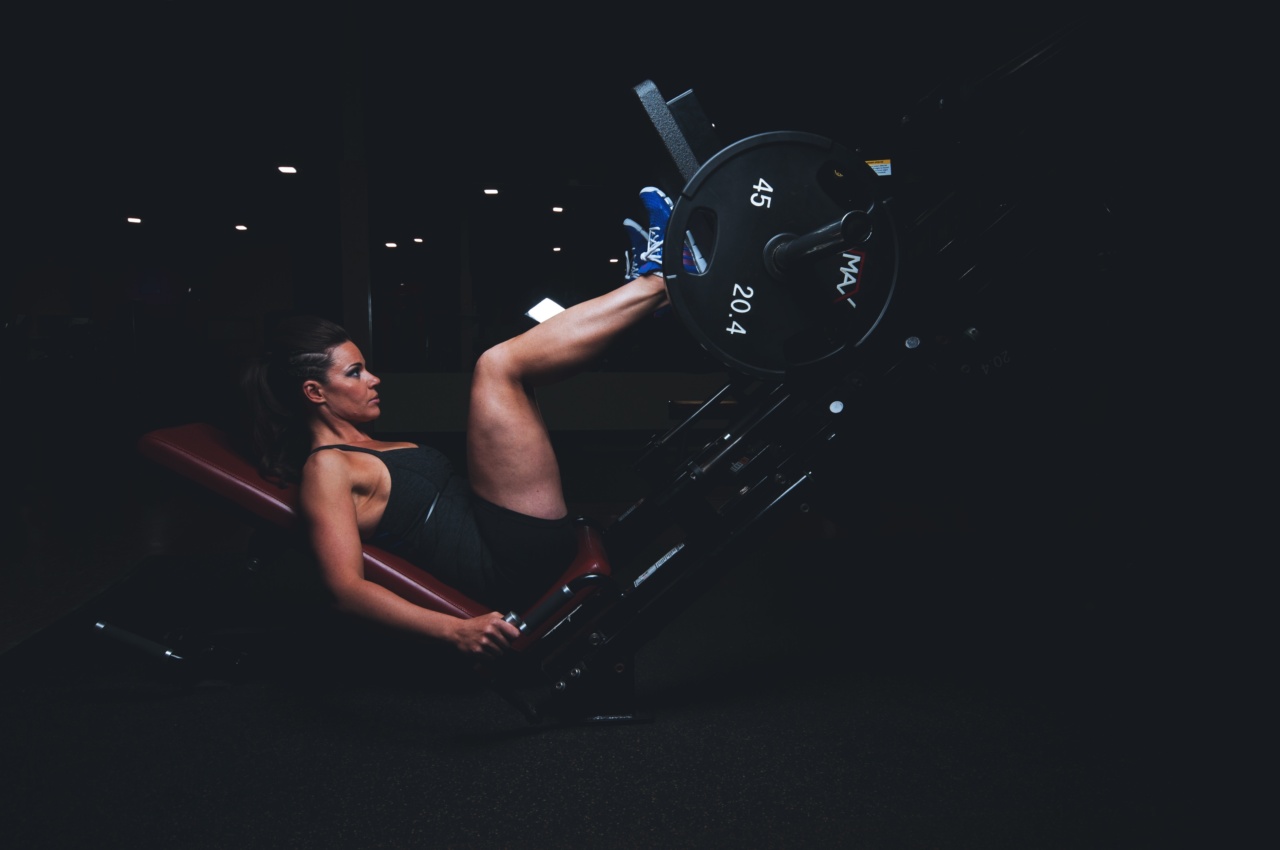As we age, maintaining muscle mass and strength becomes increasingly important. Unfortunately, after the age of 30, both men and women start to experience a gradual decline in muscle mass, known as sarcopenia.
This can lead to a variety of issues, including a decreased ability to perform daily activities and an increased risk of falls and fractures.
What causes muscle loss?
There are several factors that contribute to the loss of muscle mass and strength as we get older. One of the primary factors is a decrease in hormone levels, particularly testosterone and growth hormone.
Testosterone plays a crucial role in muscle growth and maintenance. As men age, their testosterone levels naturally decline, which can lead to a loss of muscle mass and strength.
Similarly, women also experience a decline in hormone levels, particularly estrogen, which can contribute to muscle loss.
In addition to hormonal changes, other factors such as inadequate nutrition, sedentary lifestyle, and chronic conditions like diabetes and arthritis can also contribute to muscle loss.
The benefits of hormone therapy
One potential solution to combat muscle loss is hormone therapy. Hormone therapy involves supplementing the body with hormones to restore levels to a more youthful state.
In the context of muscle health, testosterone and growth hormone are the primary hormones that are targeted.
Testosterone replacement therapy (TRT) involves administering testosterone to men whose levels have fallen below normal. This therapy can help to increase muscle mass, strength, and overall physical performance.
Studies have shown that TRT can help improve muscle size and function in older individuals.
Growth hormone therapy, on the other hand, involves supplementing the body with synthetic growth hormone. Growth hormone plays a crucial role in muscle growth and repair.
By increasing growth hormone levels, individuals can experience improvements in muscle mass, strength, and recovery.
Considerations before starting hormone therapy
Before considering hormone therapy, it is important to consult with a healthcare professional who specializes in hormone treatment. They will be able to evaluate your hormone levels and determine if hormone therapy is right for you.
It is also essential to consider the potential risks and side effects of hormone therapy. While hormone therapy can have significant benefits, it is not without risks.
Potential side effects include fluid retention, joint pain, increased risk of cardiovascular disease, and hormonal imbalances. Therefore, it is crucial to work closely with a healthcare professional to monitor and manage any potential risks.
Combining hormone therapy with exercise and nutrition
Hormone therapy alone is not a magic solution for stronger muscles. It should be complemented with regular exercise and proper nutrition to maximize the benefits.
Resistance training, such as weightlifting, is particularly effective in stimulating muscle growth and strength. By engaging in regular strength training exercises, individuals can optimize the effects of hormone therapy.
It is important to work with a trainer or healthcare professional to develop a safe and effective exercise program.
In terms of nutrition, ensuring an adequate intake of protein is crucial for muscle health. Protein provides the building blocks necessary for muscle repair and growth.
Including high-quality sources of protein, such as lean meats, poultry, fish, eggs, dairy, and plant-based proteins, in your diet can help support muscle development.
Monitoring progress and adjusting therapy
Regular monitoring of hormone levels is essential when undergoing hormone therapy. This allows healthcare professionals to assess the effectiveness of the treatment and make any necessary adjustments.
Hormone levels may fluctuate over time, so it is important to regularly evaluate and modify the therapy as needed.
Additionally, monitoring muscle strength and function is crucial to track progress. Regular strength assessments and functional tests can help determine whether the therapy is having a positive impact on muscle health.
Conclusion
Hormone therapy can be a valuable tool in preserving and enhancing muscle mass and strength, particularly for individuals over 60.
By restoring hormone levels to a more youthful state, it is possible to improve muscle size, strength, and overall physical performance.
However, hormone therapy should always be approached with caution and under the guidance of a healthcare professional. It should be combined with regular exercise and proper nutrition for optimal results.
Regular monitoring of hormone levels and muscle function is crucial to ensure the therapy is effective and safe.
By considering hormone therapy as part of a comprehensive approach to muscle health, individuals can continue to enjoy an active and independent lifestyle well into their golden years.





























